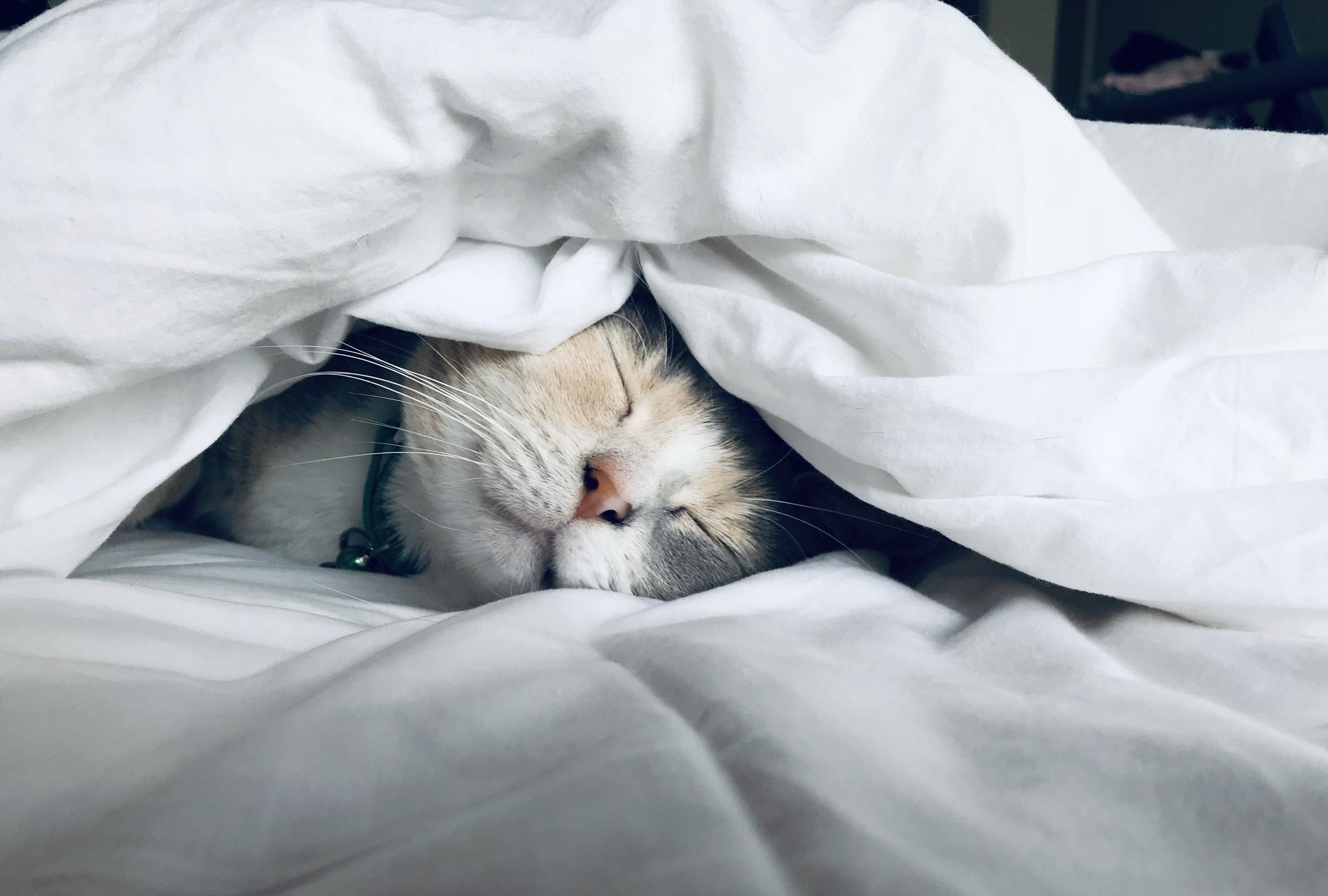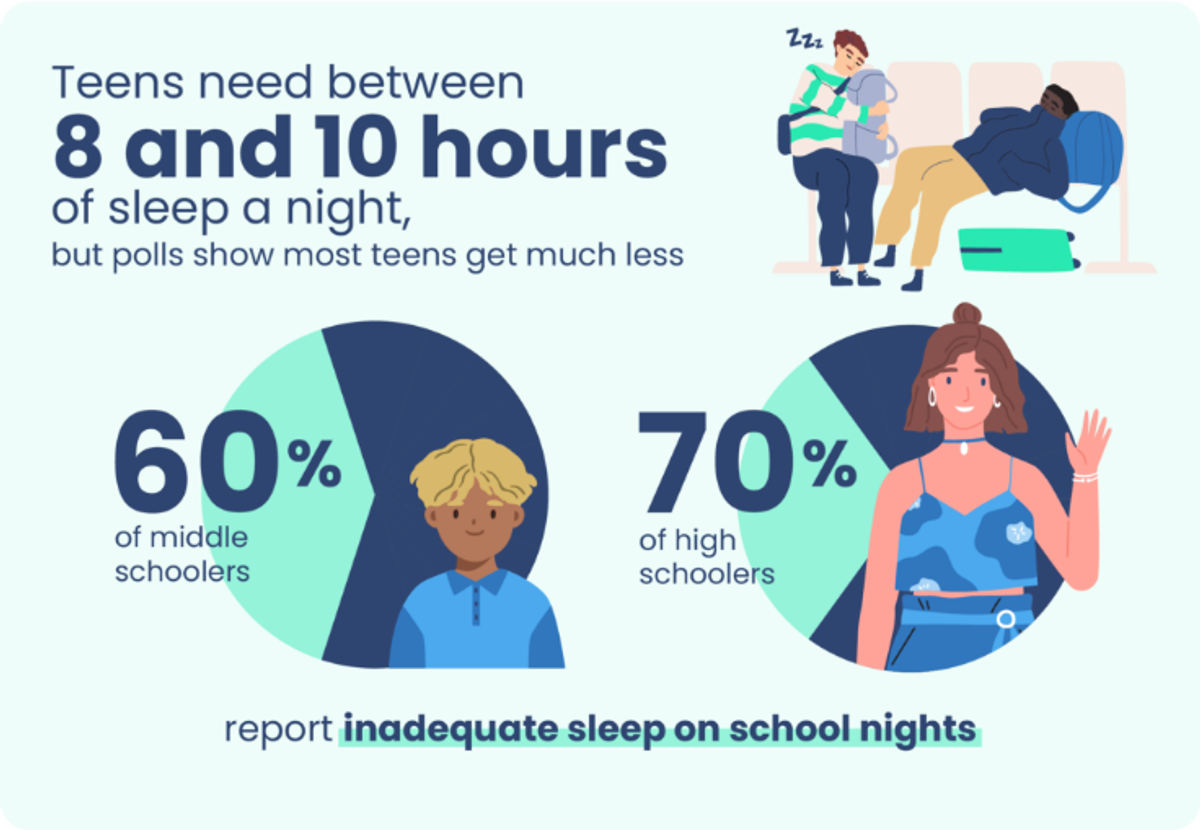Senior Years and Sleep

For the past two weeks in the Senior School, students and their mentors have focused their efforts on learning about sleep. Students have been keeping a sleep diary to recognise trends and patterns in the quality and quantity of their sleep, as well as potential areas for improvement.
Sleep is always a topical subject and has recently been back in the news with the airing of an SBS documentary series - Australia’s Sleep Revolution. Sleep is a focus point for our wellbeing team during the Senior years. This is because students'
natural sleep patterns are changing- there are delays in the natural release of their sleep hormones, and their daily lives sometimes lend themselves to habits that can inhibit students’ ability to achieve the desired quality and quantity of sleep. This is due to them balancing the demands of school, extra- curricular activities, part time work and social endeavours.
https://www.sleepfoundation.org/stages-of-sleep
This past Thursday, students were provided with a seminar on the importance of sleep covering the topics of
- The progression of the sleep cycle and the purpose of its different stages.
- Impacts of sleep deprivation.
- Ways to overcome potential barriers to sleep – such as using your phone too close to bedtime.
- Tips for good sleep hygiene- such as only using your bed for sleep.
- Ways to establish a ‘before bed’ and ‘upon waking’ routine- both are essential to address any circadian rhythm difficulties students might be experiencing.
At the conclusion of this session, students selected two habits to address from their sleep diary and established a before bed/upon waking routine to challenge this behaviour. These routines begin 90 minutes before the onset of bedtime and immediately upon waking. For example:
- Some students noted a difficulty falling asleep due to exposure to their phone's blue light - these students are preventing device use or using low light applications on their phone. They are also stopping its use 60 minutes before bed.
- Other students mentioned the need to snooze their alarm multiple times in the morning – these students are focusing on exposing themselves to natural light instead of hitting snooze.
In devising these plans, we spoke about the fact that student’s bedtime or waking times might change, but the routine they perform before bed and upon waking should remain the same. This stable and predictable routine helps signal to our brain and body that it is time for rest or time to become active. It is the consistency of the routine, not the time that is most important - while in an ideal world both would be consistent. Students were advised that this routine would take 2-3 weeks to take effect, but if they stuck with it, they could see changes to their sleep.
I have compiled a series of helpful sleep resources below. These were given to students during the presentation and are also available on our group pages in Shelly. I would encourage students to continue using their sleep journals and to make a time with myself or their mentor to evaluate their sleep routines.
- Better Health Victoria: A good overview of sleep concerns, basics of the sleep cycle and impacts to it and strategies to promote sleep.
- sleep routine template.
- sleep hygiene tips: This also includes some meditation and progressive relaxation videos that students can use.
- Applications to limit phone and screen use.
Rebecca Wright
Year 12 Coordinator


